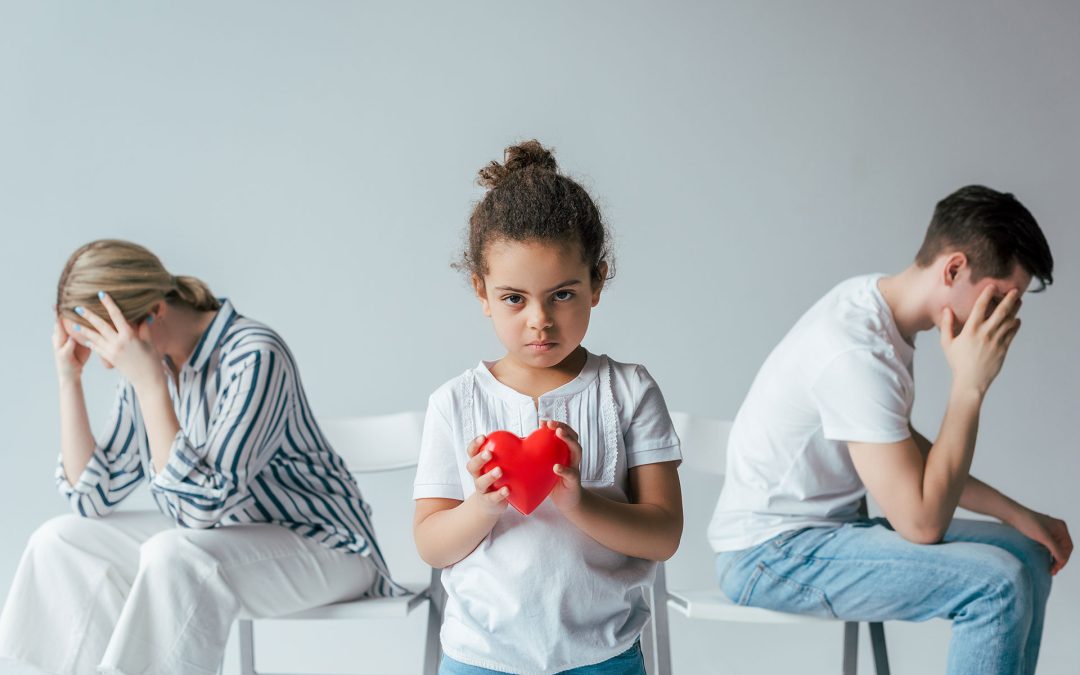The effects of divorce on children can be profound, shaping their emotional well-being, behaviour, and long-term development. While adults may have the tools to process their emotions, younger family members often struggle to understand and cope with the changes. At Dr. Bolgar, we recognize how challenging this transition can be, and we’re here to offer guidance on supporting young minds through this difficult time.
Understanding the Emotional Toll
Children and teenagers react to divorce in different ways, depending on their age, personality, and the circumstances of the separation. Some common emotional responses include:
1. Confusion and Fear
Younger children may not fully grasp why their parents are separating. They might blame themselves or fear abandonment, leading to anxiety and insecurity. Reassurance and open communication are crucial to helping them feel safe.
2. Anger and Resentment
Teenagers, in particular, may express anger toward one or both parents. They might feel betrayed or frustrated by the changes in their family dynamics. It’s important to validate their feelings while maintaining healthy boundaries.
Age-Specific Reactions
Preschoolers (Ages 3-5)
Young children often regress—bedwetting, clinginess, or tantrums may resurface. They need consistency, simple explanations (“Mom and Dad will both love you, but we won’t live together anymore”), and reassurance.
School-Aged Children (Ages 6-12)
Kids this age may fantasize about their parents reconciling or feel torn between loyalty to each parent. They benefit from structured routines and opportunities to express themselves through art or play.
Teenagers (Ages 13-18)
Teens may take sides, withdraw, or engage in risky behaviours as a coping mechanism. Encouraging open dialogue without pressure can help them process their emotions.
How Parents Can Help
Understanding the effects of divorce on children is the first step toward mitigating its impact. Parents can foster resilience by prioritizing stability, encouraging honest communication, and avoiding conflict in front of kids. Professional support, such as therapy or counselling, can also provide children with tools to navigate their emotions.
Long-Term Effects and Resilience
While divorce can be painful, many children adapt over time—especially when parents provide love, stability, and emotional support. Studies show that kids from divorced families can thrive when conflict is minimized and their emotional needs are met.
At Dr. Bolgar, we believe in fostering resilience. If your family is navigating a separation, remember: with patience and care, the effects of divorce on children can be managed, and healing is possible.
For more resources on family wellness, visit us at https://drbolgar.com/.









